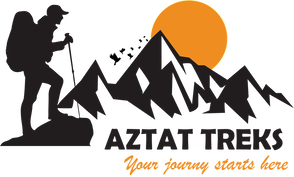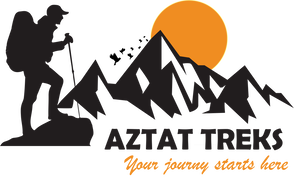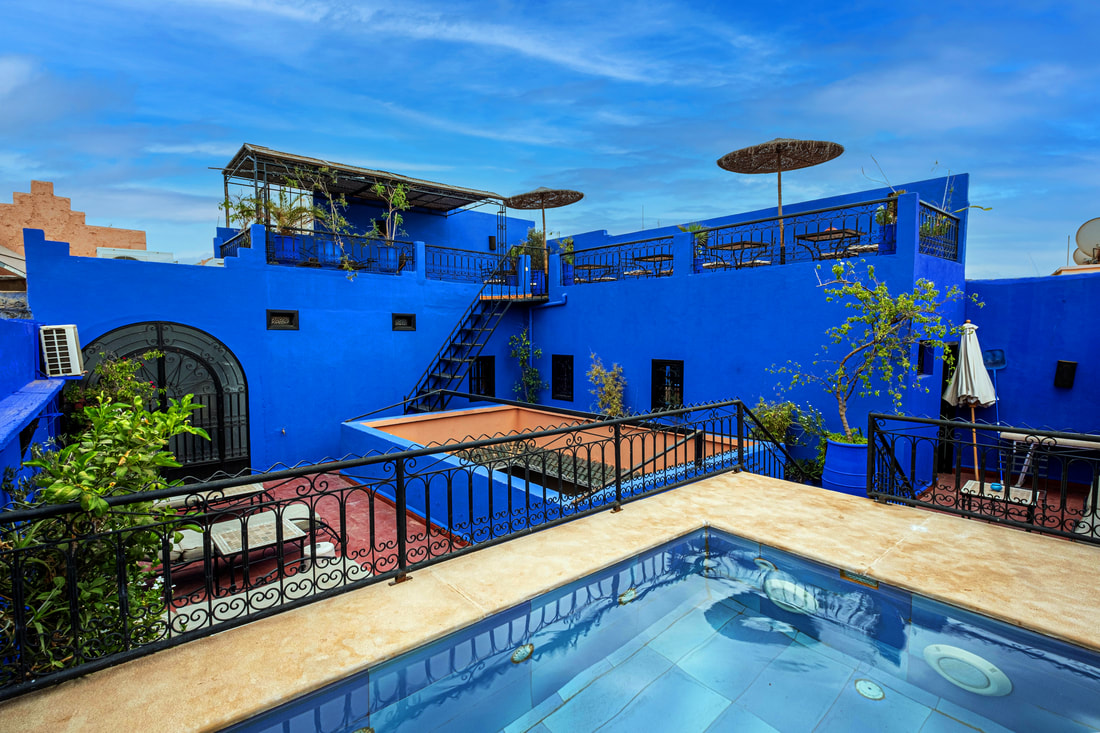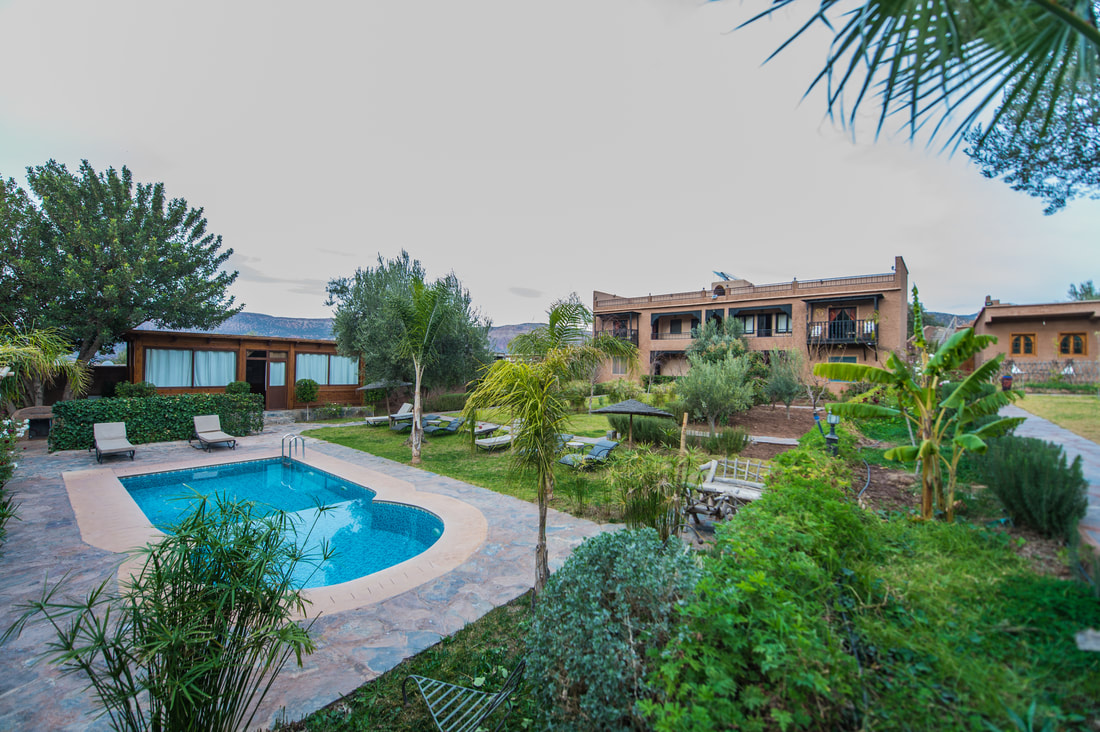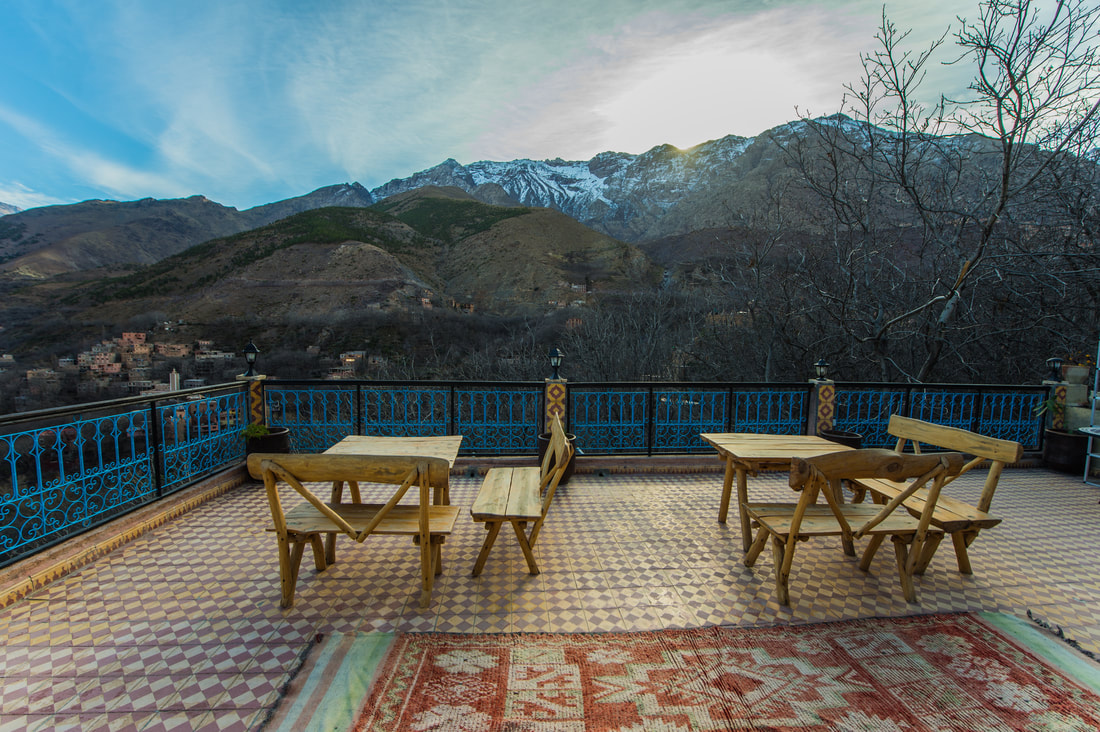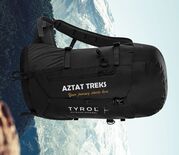Toubkal Climb- Preparation & Pre-trip information (Altitude)
Who is this expedition best for?
Jebel Toubkal is a medium altitude climb but should not be underestimated. Each day we gain more altitude as we enter the Toubkal approach valley. This is a perfect trip for novice and more seasoned climbers alike. Participants should be fit but no prior experience is needed on this non-technical route. This is a near perfect entry into the world of trekking at altitude.
You should be comfortable walking 4-8 hours per day. Summit day is the most demanding portion of the climb, typically involving 4-5 hours for the ascent and 6-7 hours for the descent. Our expeditions require strength & endurance. Being in sound physical condition is the single most important aspect for climbers to maximise their climbing potential. The better your physical condition, the more likely you are to perform well and have an enjoyable experience. The most frequent comment we have received over the years is that climbers have underestimated the fitness level needed to fully enjoy their trip.
Additionally, inadequate fitness will affect the atmosphere, pace, and overall enjoyment of the climb for all participants. We highly recommend checking with your doctor before undertaking any strenuous activity.
Preparation for climbing Jebel Toubkal
Climbing Jebel Toubkal is a serious undertaking. Just because you exercise regularly (four to six times per week) does not mean you have the conditioning needed to reach the summit of Jebel Toubkal. Plenty of people who have the endurance to run a marathon fail to summit high-altitude peaks. Pure cardiovascular fitness is simply not enough. You need to be able to ascend hundreds of metres on successive days carrying a day pack on your back.
Prioritise your training efforts in the following way, assuming that you are in good health and injury- free:
- Climbing Jebel Toubkal conditioning – bag-loaded uphill hiking, walking, and stair climbing
- Strength training for the lower body and core
- Cardiovascular training, including both aerobic and anaerobic workouts without pack weight
- Flexibility training
Altitude
This trek is challenging in itself, but the main challenge lies in the altitude.
Our route allows for excellent acclimatisation to the altitude and allows you to follow the golden rule of acclimatisation ‘Climb High, Sleep Low’.
Symptoms of being at altitude include tiredness, shortness of breath, headaches and nausea. Altitude affects people differently and being super-fit is no guarantee of being less likely to feel the effects. All of our leaders have experience of trekking at altitude and are medically trained. The leader will assess your progress as you climb and their decision is final if you need to descend for safety reasons.
Altitude sickness is an issue faced by many adventurous travellers and it’s not just those climbing mountains like Kilimanjaro (5,895m) or Mount Elbrus (5,642m) or even the lower altitudes of Jebel Toubkal (4,167m), as you might expect. Altitude sickness, also known as Acute Mountain Sickness (AMS), can be encountered by anyone reaching heights of 2,500m and above. So its even possible to feel the effects of altitude just flying in to Leh, India (3,500m) which is the starting town for our own Stok Kangri expedition. Even some skiers in the Alps experience it when visiting some of the higher resorts.
It is therefore important that all travellers are aware of acute mountain sickness and the potential consequences of not recognising and treating symptoms before they develop into anything more serious. While most cases are mild and perfectly manageable, some cases (especially those above 3,500m) can develop into potentially life threatening conditions, so it is vital to recognise the symptoms and treat them promptly.
SYMPTOMS OF ACUTE MOUNTAIN SICKNESS (AMS) ARE:
- Headaches
- Shortness of breath
- Decreased energy levels
- Dizziness
- Nausea and vomiting
- Diarrhoea
- Loss of appetite
- Trouble sleeping
SYMPTOMS OF SEVERE ALTITUDE SICKNESS ARE:
- Worsening of mild symptoms
- Confusion and irrational behaviour
- Uncontrollable coughing
- Weakness or decreased exercise performance
- Blurred vision
- Hallucinations
- Coughing up fluid with possible blood stains
- Convulsions
- The appearance of being drunk and staggering
There is no correlation between level of fitness and the chance of developing altitude sickness – even the fittest and healthiest of individuals may suffer. And don't be fooled into a false sense of security – just because you have not developed altitude sickness before, doesn’t mean you won’t in the future.
PREVENTION
There are a number of things you can do to reduce your chances of developing altitude sickness such as:
- Ascending slowly and taking time to acclimatise is vital. It is recommended to ascend no more than 300m-500m a day, particularly when above 3,000m
- Take things slowly!!! Go slow and then go slower still. If you are getting out of breath, you're working too hard.
- Keep yourself well hydrated with water and avoid alcohol. Water in-take should greatly increase with altitude
- Make sure you keep your energy levels up by eating a high calorie diet
- Use normal pain relief. i.e. Paracetamol and Ibrupofen
- Medication (see below)
There are numerous medications available, including herbal remedies, that are aimed at preventing altitude sickness or reducing symptoms. Only one of these medications, acetazolamide (commonly known as Diamox), has been proven to be safe and effective. This is prescription-only medication so you’ll need to visit a travel clinic prior to your trip to obtain it.
Altitude sickness causes chemical changes in the blood and diamox works by balancing these chemical changes, which in turn reduces symptoms. Unfortunately, as with every medication, diamox has side effects.
- The increased need to urinate
- Tingling in the hands and feet
- Carbonated drinks can taste metalic
TREATMENT
Mild altitude sickness can be managed by treating the symptoms. Basic painkillers such as paracetamol or ibuprofen can help alleviate headaches, while anti-sickness tablets can help reduce nausea and vomiting. Diamox can also be used to treat altitude sickness if it is not already being taken as a preventative method. Consult your pharmacy to discuss doses for both prevention and treatment.
If you have developed mild altitude sickness you should not progress to a higher altitude until your symptoms have been adequately managed. If you find your symptoms are getting progressively worse and not improving with treatment, you must discuss this with your expedition leader who may enforce you descend immediately before the condition becomes more serious.
We carry an extensive medical kit which has lots of prescription medications to assist in treating altitude related illnesses. However, there may only be one treatment and that is.....descend, descend, descend.
Here are NHS tips on what to do if you experience altitude sickness:
stop and rest where you are.
don’t go any higher for at least 24-48 hours.
if you have a headache, take ibuprofen or paracetamol.
if you feel sick, take an anti-sickness medication, like promethazine.
make sure you’re drinking enough water.
avoid alcohol.
don’t smoke.
avoid exercise
stop and rest where you are.
don’t go any higher for at least 24-48 hours.
if you have a headache, take ibuprofen or paracetamol.
if you feel sick, take an anti-sickness medication, like promethazine.
make sure you’re drinking enough water.
avoid alcohol.
don’t smoke.
avoid exercise
